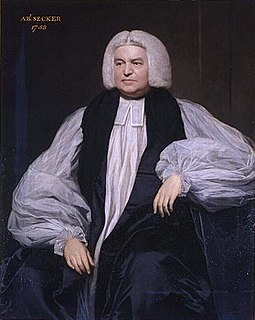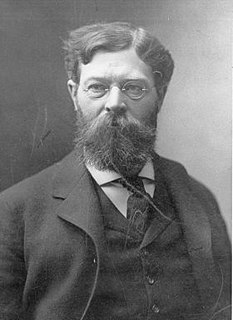A Quote by Vernor Vinge
All evil and good is petty before Nature. Personally, we take comfort from this, that there is a universe to admire that cannot be twisted to villainy or good, but which simply is.
Related Quotes
When one has once accepted and absorbed Evil, it no longer demands the unfitness of the means. The ulterior motives with which youabsorb and assimilate Evil are not your own but those of Evil.... Evil is whatever distracts. Evil knows of the Good, but Good does not know of Evil. Knowledge of oneself is something only Evil has. One means that Evil has is the dialogue.... One cannot pay Evil in installments--and one always keeps on trying to.
In the story of the Creation we read: ". . . And behold, it was very good." But, in the passage where Moses reproves Israel, the verse says: "See, I have set before thee this day life and good, and death and evil." Where did the evil come from? Evil too is good. It is the lowest rung of perfect goodness. If you do good deeds, even evil will become good; but if you sin, evil will really become evil.
This is a world of good and evil. Wherever there is good, evil follows, but beyond and behind all these manifestations, all these contradictions, the Vedanta finds out that Unity. It says, "Give up what is evil and give up what is good." What remains then? Behind good and evil stands something which is yours, the real you, beyond every evil, and beyond every good too, and it is that which is manifesting itself as good and bad. Know that first, and then and then alone you will be a true optimist, and not before; for then you will be able to control everything.
When anything is in the presence of evil, but is not as yet evil, the presence of good arouses the desire of good in that thing; but the presence of evil, which makes a thing evil, takes away the desire and friendship of the good; for that which was once both good and evil has now become evil only, and the good has no friendship with evil.
If the universe were just electrons and selfish genes, meaningless tragedies ... are exactly what we should expect, along with equally meaningless good fortune. Such a universe would be neither evil nor good in intention ... The universe we observe has precisely the properties we should expect if there is, at bottom, no design, no purpose, no evil and no good, nothing but blind pitiless indifference.
Evil is easily discovered; there is an infinite variety; good is almost unique. But some kinds of evil are almost as difficult to discover as that which we call good; and often particular evil of this class passes for good. It needs even a certain greatness of soul to attain to this, as to that which is good.
The world we live in is a world of mingled good and evil. Whether it is chiefly good or chiefly bad depends on how we take it. To look at the world in such a way as to emphasize the evil is the art of pessimism. To look at it in such a way as to bring out the good, and throw the evil into the background, is the art of optimism. The facts are the same in either case. It is simply a question of perspective and emphasis.
The answer to the problem of evil does not lie in trying to establish its point of origin, for that is simply not revealed to us. Rather, in the moment of the cross, it becomes clear that evil is utterly subverted for good.... If God can take the greatest of evils and turn them for the greatest of goods, then how much more can he take the lesser evils which litter human history, from individual tragedies to international disasters, and turn them to his good purpose as well.
Whether happiness or unhappiness, freedom or slavery, in short whether good or evil results from an improved environment depends largely upon how the change has been brought about, upon the methods by which the physical results have been reached, and in what spirit and for what purpose the fruits of that change are used. Because a higher standard of living, a greater productiveness and a command over nature are not good in and of themselves does not mean that we cannot make good of them, that they cannot be a source of inner strength.
You and I are, by birth, by nature, and by choice, inwardly depraved, which is to say that we are entirely corrupt. That's not to say that we have no good in us; we do. However, anything good in us has been tainted with evil. It touches everything. Without the redeeming power of Christ we cannot halt our own moral slide.






































